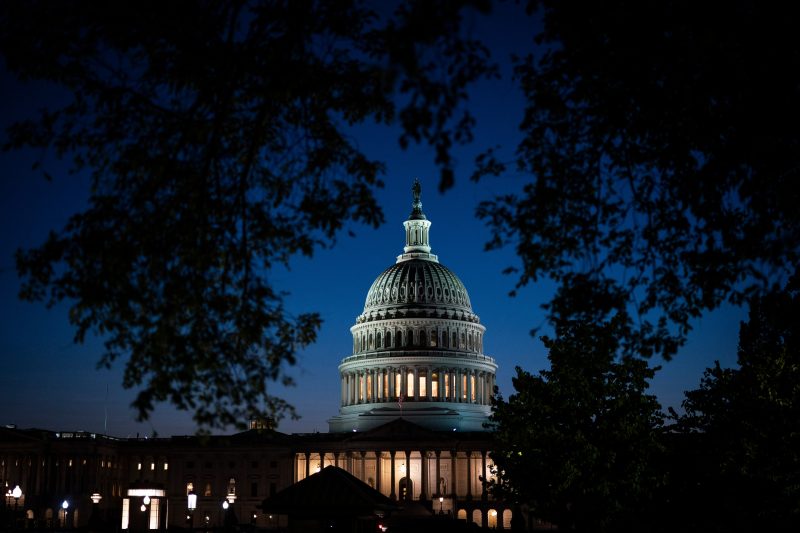In a move aimed at safeguarding the integrity of election campaigns from malicious manipulation, the Senate is spearheading efforts to combat the proliferation of AI deepfakes. These sophisticated artificial intelligence-generated videos have emerged as a potent tool for spreading misinformation and disinformation with potentially severe consequences for the electoral process. By proactively addressing the issue of AI deepfakes, lawmakers are taking a crucial step towards ensuring that voters are not misled by deceitful content designed to sway opinion through deceptive means.
AI deepfakes represent a significant technological challenge that can have far-reaching implications for the democratic process. These manipulated videos can be used to alter speeches, distort statements, or create entirely fabricated scenarios that appear convincingly real. As a result, unsuspecting viewers may be easily deceived into believing false information, leading to distorted perceptions and potentially influencing their voting behavior. Such actions undermine the principles of transparency, honesty, and authenticity that are essential for fair and democratic elections.
The Senate’s initiative to counter AI deepfakes in election campaigns involves a multi-faceted approach that combines legislative measures, technological solutions, and public awareness campaigns. By introducing regulations that mandate the disclosure of AI-manipulated content in political advertisements and speeches, lawmakers aim to hold accountable those who seek to leverage deepfakes for deceptive purposes. Additionally, investing in advanced detection technologies and collaborating with tech companies to develop robust algorithms for identifying AI-generated content can help minimize the spread of misinformation online.
Moreover, raising awareness among the general public about the existence and potential dangers of AI deepfakes is crucial to building resilience against these deceptive tactics. By educating voters about the prevalence of deepfakes and how to critically evaluate the information they encounter online, individuals can become more discerning consumers of digital content and less susceptible to manipulation. Empowering citizens with the knowledge and tools to identify and report suspicious videos can contribute to creating a more informed electorate that is less vulnerable to misinformation campaigns.
In conclusion, the Senate’s efforts to combat AI deepfakes in election campaigns signify a proactive response to a looming threat to the democratic process. By addressing the issue through a comprehensive strategy that combines regulatory frameworks, technological innovations, and public engagement, lawmakers are taking decisive action to protect the integrity of elections and preserve the trust of voters. As the landscape of digital disinformation continues to evolve, ongoing vigilance and collaboration between government, tech industry, and the public will be essential in effectively countering the spread of AI deepfakes and upholding the fundamental principles of democracy.



























